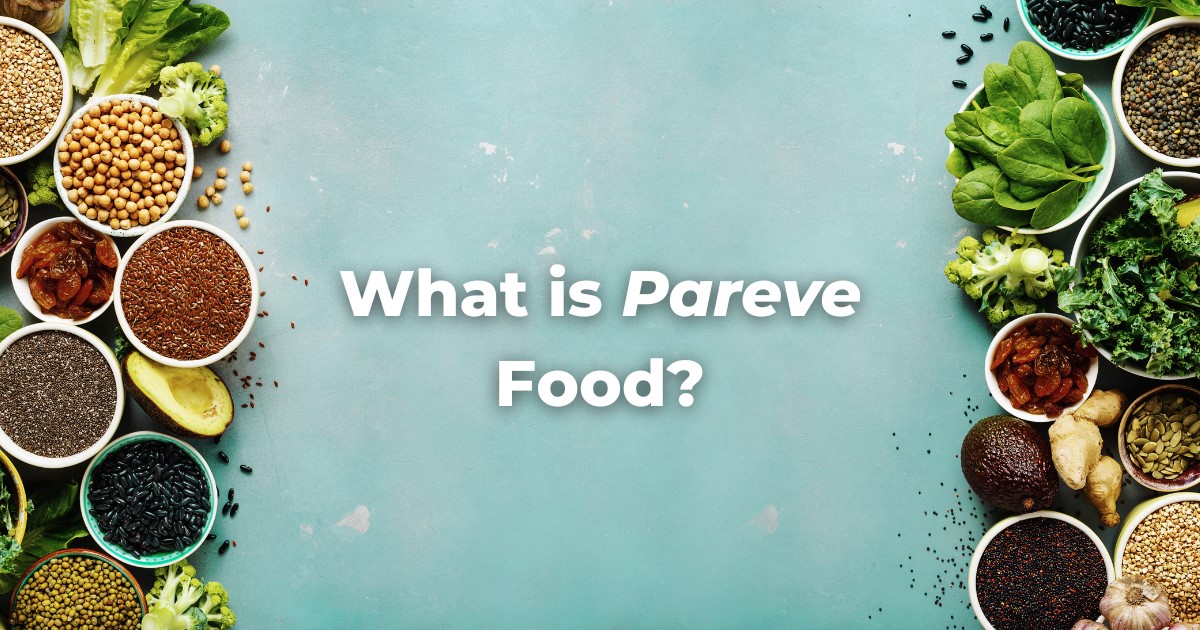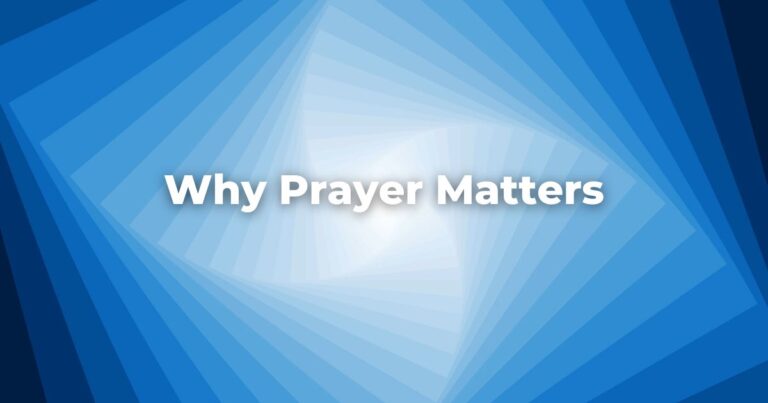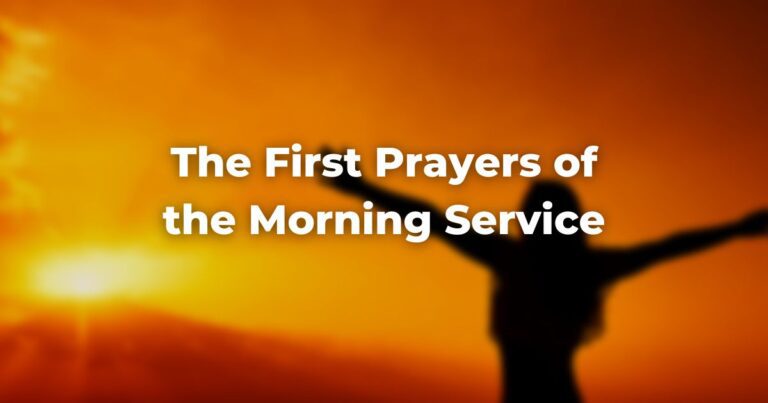Some foods, neither meat nor dairy in origin, are known as pareve (also spelled parve and popularly pronounced PAR-veh or PAH-rev, a term clearly taken from the Yiddish but of uncertain etymological origin).
Vegetables and fruits in their natural state, for example, are pareve.
Eggs are pareve.
Fish is pareve.
Many other food products are pareve, but there are also many kinds of margarine and milk substitutes which blur the lines between what appears to be dairy and what can and cannot be eaten with meat.
It is important to remember that government standards for what may be called “non-dairy” differ from country to country and almost always fail to conform precisely to the rabbinic definition of pareve foodstuffs.
Therefore, many products, such as certain coffee whiteners or imitation cheeses, may be labeled “non-dairy” under U.S. law because they may be innocuous for the lactose intolerant, but are still considered dairy foods within the system of kashrut because an ingredient is, strictly speaking, a dairy product.
Similarly, there are many meat-substitute products available today, but not all of these are pareve either—and some artificial meat may actually be considered dairy from the vantage point of kashrut.
Nor does a label referring to a product as “vegetarian” constitute reliable assurance that the product is pareve.
The kosher consumer who reads the list of ingredients on a product needs to know that some common ingredients such as whey, sodium caseinate, lactose, and casein are considered dairy.
On the other hand, there are some additives with dairy-sounding names that are considered pareve, including cream of tartar, lactic acid, and oleic acid. Other ingredients may not be kosher at all, but few consumers are well enough versed in food science to make sense of every term on the product label.
To make life easier, there are kashrut supervision agencies worldwide that endorse food products as kosher.
Adapted with permission from The Observant Life.
Authors
-

Rabbi Paul S. Drazen (1951-2018) spent two-thirds of his rabbinic career serving individual congregations and one-third on the staff of USCJ, all the while creating programs and educational opportunities to make Jewish observance and practice clear, accessible, and attainable for everyone.
View all posts -



The Observant Life: The Wisdom of Conservative Judaism for Contemporary Jews distills a century of thoughtful inquiry into the most profound of all Jewish questions: how to suffuse life with timeless values, how to remain loyal to the covenant that binds the Jewish people and the God of Israel, and how to embrace the law while retaining an abiding sense of fidelity to one’s own moral path in life. Written in a multiplicity of voices inspired by a common vision, the authors of The Observant Life explain what it means in the ultimate sense to live a Jewish life, and to live it honestly, morally, and purposefully. The work is a comprehensive guide to life in the 21st Century. Chapters on Jewish rituals including prayer, holiday, life cycle events and Jewish ethics such as citizenship, slander, taxes, wills, the courts, the work place and so much more.
View all posts






